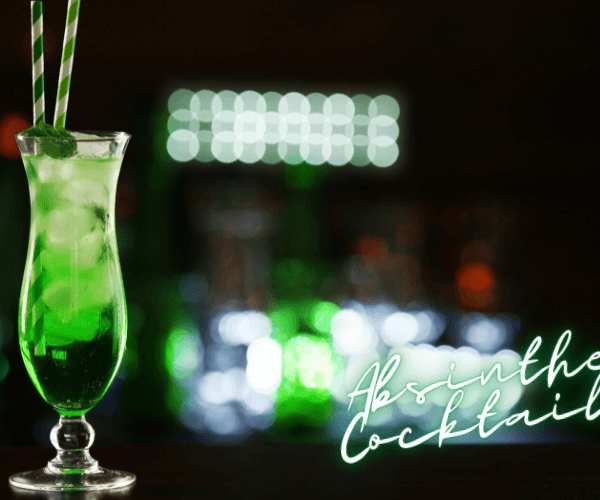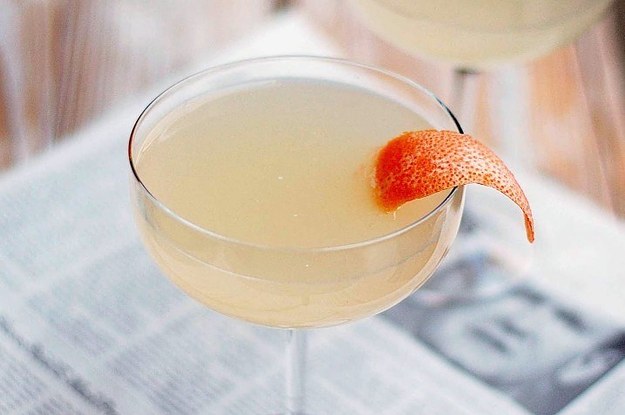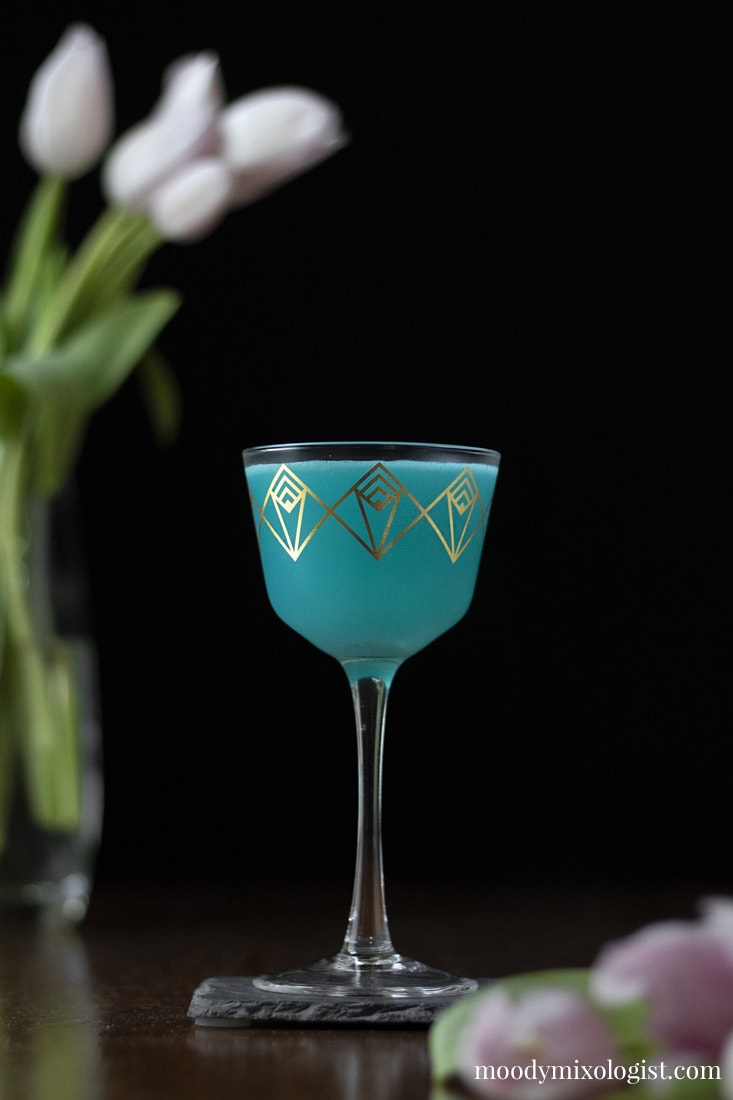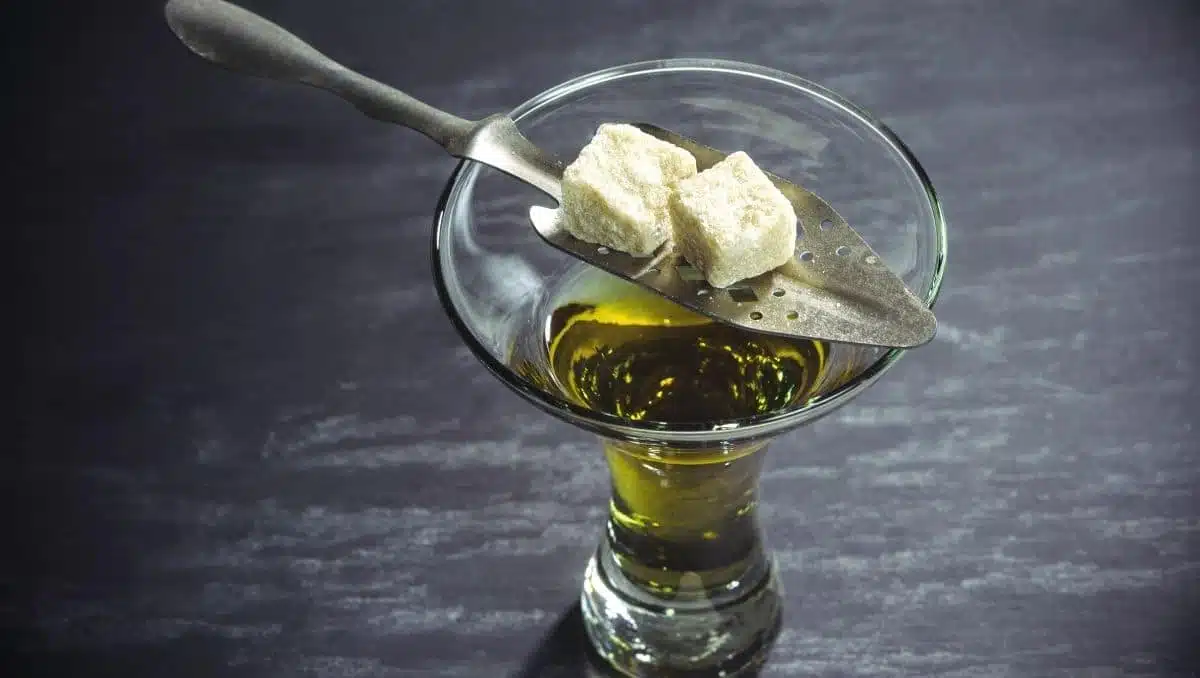Absinthe
absinte
Absinthe is an anise-flavored spirit derived from several plants, including the flowers and leaves of Artemisia absinthium ("grand wormwood"), together with green anise, sweet fennel, and other medicinal and culinary herbs. Historically described as a highly alcoholic spirit, it is 45–74% ABV or 90–148 proof in the US. Absinthe traditionally has a natural green color but may also be colorless. It is commonly referred to in historical literature as la fée verte 'the green fairy'. While sometimes casually referred to as a liqueur, absinthe is not traditionally bottled with sugar or sweeteners. Absinthe is traditionally bottled at a high level of alcohol by volume, but it is normally diluted with water before being consumed. Absinthe was created in the canton of Neuchâtel in Switzerland in the late 18th century by the French physician Pierre Ordinaire. It rose to great popularity as an alcoholic drink in late 19th- and early 20th-century France, particularly among Parisian artists and writers. The consumption of absinthe was opposed by social conservatives and prohibitionists, partly due to its association with bohemian culture. From Europe and the Americas, notable absinthe drinkers included Ernest Hemingway, James Joyce, Lewis Carroll, Charles Baudelaire, Paul Verlaine, Arthur Rimbaud, and Henri de Toulouse-Lautrec.
Source: Wikipedia
Recipes

:max_bytes(150000):strip_icc()/absinthe-frappe-1200x628-email-6a6a139723524d75872706801a12017a.jpg)

:max_bytes(150000):strip_icc()/Absinthe-Cocktail-56a172985f9b58b7d0bf5f24.jpg)


:max_bytes(150000):strip_icc()/619631_Sazerac_Photo-by-c-biskit-48341a2d62bd4cd0947c395e1717b350.jpg)




